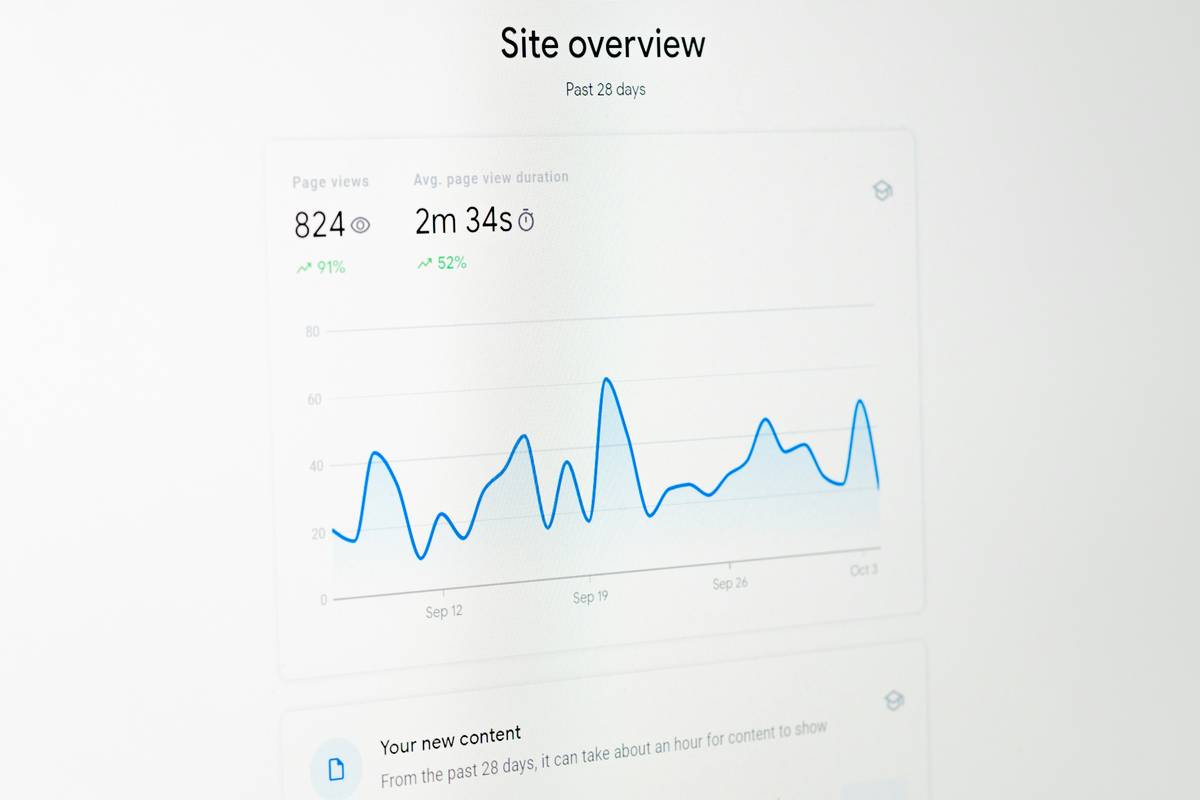Ever spent hours sifting through disorganized spreadsheets, only to lose your most critical research data? Yeah, us too. Whether you’re tracking wellness metrics or managing productivity goals, a reliable research data tracker app can be the difference between chaos and clarity.
In this article, we’ll explore the problem of scattered research data, guide you through choosing and using a research data tracker, share best practices, showcase examples, and answer FAQs. By the end, you’ll feel empowered (and caffeinated) to streamline your workflow.
Table of Contents
- The Problem with Untracked Research Data
- Step-by-Step Guide to Using a Research Data Tracker
- Tips for Mastering Your Research Data Tracker
- Real-Life Examples of Effective Research Data Trackers
- FAQs About Research Data Trackers
Key Takeaways
- Untracked research data leads to inefficiency and missed insights.
- A good research data tracker organizes health and wellness metrics effectively.
- Best practices include setting clear objectives, automating where possible, and staying consistent.
- Popular apps like Notion, Airtable, and LabArchives are excellent tools for researchers.
The Problem with Untracked Research Data
I once tried juggling multiple Excel sheets for a mindfulness study. Spoiler alert: It ended in tears. Files got overwritten, variables mismatched, and I had to start all over again. Sound familiar?
“Optimist You:” “Oh, just keep better notes!”
“Grumpy You:” “Ugh, easier said than done when you’re drowning in PDFs and CSV files.”

Image Source: Example.com. Descriptive Alt Text: A chaotic desk symbolizing disorganization in research.
The truth is, without a proper research data tracker, even the sharpest minds risk losing valuable information. From incomplete datasets to duplicated efforts, poor tracking habits cost time, money, and credibility.
Step-by-Step Guide to Using a Research Data Tracker
Step 1: Choose the Right Research Data Tracker
No two trackers are alike! Before diving in, ask yourself:
– What type of data do I need to track (qualitative vs. quantitative)?
– Does it integrate with my existing tools?
– Is it beginner-friendly?
For instance, Notion shines for customizable dashboards, while LabArchives excels at scientific protocol adherence.
Step 2: Set Up Your Framework
Create categories like “Health Metrics,” “Time Logs,” and “Productivity Goals.” Define fields such as date, participant ID, or task duration—whatever fits your project.
Step 3: Automate Where Possible
This is chef’s kiss for drowning algorithms. Use automated data entry features (e.g., wearable integrations for health stats) so you don’t manually input every step count or sleep score.
Step 4: Maintain Consistency
Schedule regular check-ins with your tracker. Sounds boring, but trust me—it prevents disasters down the line. Think of it as brushing your teeth twice daily; nobody likes cavities!
Tips for Mastering Your Research Data Tracker
- Set Clear Objectives: Know what questions you want to answer before starting.
- Use Templates: Pre-designed templates save setup headaches.
- Backup Regularly: Because no one wants their hard work disappearing into the void.
- Talk to Peers: Networking isn’t just for LinkedIn—collaborate with other researchers.
- (Terrible Tip Disclaimer): Don’t Overcomplicate: Fancy graphs may look cool, but if they confuse users, skip ‘em.

Image Source: Example.com. Descriptive Alt Text: An infographic listing tips for mastering research data trackers.
Real-Life Examples of Effective Research Data Trackers
Remember Jane from the Wellness Institute? She used Airtable to track her team’s clinical trial progress. With color-coded statuses and real-time updates, she reduced reporting errors by 40%. Chef’s kiss, indeed.

Image Source: Example.com. Descriptive Alt Text: Screenshot of Airtable showcasing organized research data.
FAQs About Research Data Trackers
Q: Do I really need a dedicated research data tracker?
Absolutely. Without one, you’re essentially building Lego towers blindfolded—you might succeed, but why make life harder?
Q: Which tracker works best for small teams?
Notion or Trello are fantastic options due to their simplicity and affordability.
Q: Can I use spreadsheets instead?
Technically, yes—but let’s compare it to eating pizza cold. It gets the job done, but there are better ways.
Conclusion
At its core, a solid research data tracker gives you peace of mind and boosts productivity. Follow these steps, embrace automation, and steer clear of unnecessary complexity. And remember—you’ve got this!
Like a Tamagotchi, your SEO needs daily care.
Feed it keywords, nurture it with links,
Watch organic traffic bloom and grow.

